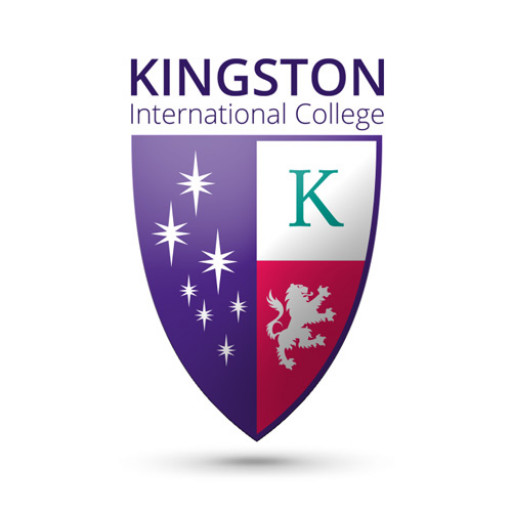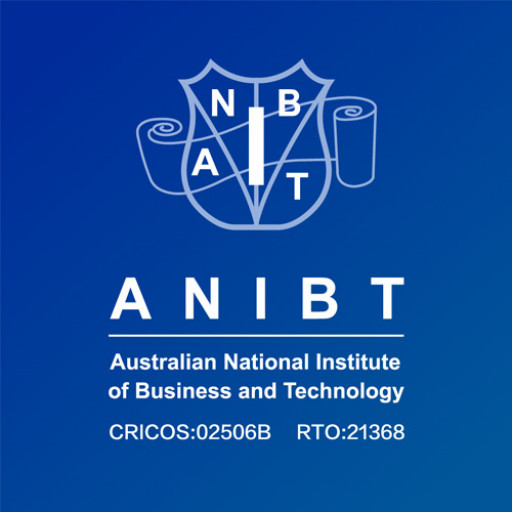This qualification reflects the use of those that have a restricted and defined range of hospitality working skills and basic industry knowledge. They're participating in mainly repetitive and routine activities and work under guide supervision.This eligibility provides a path to work in various hospitality settings, such as restaurants, hotels, motels, catering operations, clubs, bars, caf\u00e9s, along with java shops.Possible occupation names include:bar attendantcaf\u00e9 attendantcatering assistantfood and drink attendantfront off ice assistantporterroom attendant.No occupational licensing, certification or specific legislative requirements apply to the eligibility at the time of book.
Overview of the Hospitality Program at TAFE NSW
The Hospitality program at TAFE NSW offers comprehensive training designed to prepare students for a successful career in the dynamic and diverse hospitality industry. This program provides a solid foundation in essential skills such as food and beverage service, restaurant and bar operations, customer service, and hospitality management. Students will gain practical experience through hands-on training in simulated environments and real-world industry placements, allowing them to develop confidence and expertise in delivering exceptional service.
Throughout the course, participants will explore a wide range of topics including menu planning, beverage knowledge, food safety and hygiene standards, and effective communication skills. The program emphasizes the importance of teamwork, problem-solving, and creating memorable customer experiences. Learners will also be introduced to the use of industry-standard equipment and technologies, ensuring they are prepared for modern hospitality settings.
TAFE NSW's hospitality program is designed to cater to students with varying levels of experience, offering flexible learning options to accommodate different needs. Whether you are starting your career or looking to upgrade your skills, this program provides a pathway to employment in cafes, restaurants, bars, event venues, and catering companies.
Graduates of this program will have the qualifications and practical skills needed to secure entry-level positions in the hospitality industry. They will be well-equipped to handle the fast-paced environment of hospitality venues, provide excellent customer service, and understand the importance of health and safety standards. Additionally, the program lays the groundwork for further studies and advancement into supervisory or managerial roles within the industry.
Join the TAFE NSW Hospitality program to gain industry-relevant skills, real-world experience, and the confidence to thrive in the vibrant hospitality sector. Our dedicated trainers and industry partnerships ensure that you receive high-quality education aligned with current industry standards and trends. Embark on your hospitality career today with TAFE NSW and transform your passion for service into a rewarding professional journey.
Program requirements for the Hospitality qualification at TAFE NSW include a combination of core and elective units designed to equip students with practical skills and theoretical knowledge essential for the hospitality industry. To enroll in the program, applicants typically must demonstrate a minimum of Australian Year 10 education or equivalent, along with a genuine interest in hospitality and customer service. Prior relevant work experience may be advantageous but is not mandatory for admission. The program is structured to accommodate both full-time and part-time study modes, providing flexibility for students balancing other commitments. Prospective students should possess basic literacy and numeracy skills to successfully engage with coursework, assessments, and industry simulations. During the course, students are expected to complete a series of competency-based assessments, including practical demonstrations, written tests, and project work, aligned with industry standards. The curriculum emphasizes the development of essential skills such as food safety practices, hygiene standards, beverage service, customer interaction, and event management. In addition, students are required to undertake supervised work placements, typically lasting several weeks, to gain real-world experience and meet industry requirements. These placements are integral to the program, ensuring graduates are work-ready and familiar with workplace health and safety regulations. Throughout the program, there is also an emphasis on communication skills, teamwork, and cultural awareness, preparing students to operate effectively in diverse hospitality environments. Attendance at scheduled lectures, tutorials, practical classes, and industry sessions is compulsory to meet program completion requirements. Furthermore, students are encouraged to engage in extracurricular activities, industry networking events, and additional certification programs such as Responsible Service of Alcohol (RSA). Successful completion of all units leads to the awarding of the Certificate III in Hospitality, qualifying graduates for entry-level positions such as café attendants, baristas, catering assistants, and hotel receptionists. Overall, the program aims to develop highly competent, industry-ready professionals who can deliver exceptional customer service and adapt to the dynamic hospitality sector.
The Financing Studies for the Hospitality program at TAFE NSW primarily encompass a range of government and private funding options designed to assist students in managing the costs associated with their education. Domestic students may be eligible for publicly funded training through the NSW Fee-free or Fee-concession schemes, which aim to reduce financial barriers to obtaining vocational education and training in hospitality. Specifically, students who hold eligible status can access subsidies that significantly lower the tuition fees, sometimes covering the entire cost of the course. These schemes are part of the NSW Skills List, ensuring that in-demand courses like Hospitality are prioritized for government funding. Additionally, students can explore the Vocational Education and Training (VET) Student Loans, which provide income-contingent loans to support the payment of course fees, allowing students to defer their repayment until they are earning above a certain income threshold. Private funding options are also available, including scholarships offered by TAFE NSW or external organizations specifically targeted at students pursuing hospitality qualifications. These scholarships often recognize academic achievement, financial need, or commitment to careers in hospitality and may cover tuition costs or provide stipends to assist with living expenses during studies. It is also possible for students to access financial assistance through family support, employer sponsorships, or education loans from financial institutions. International students, however, must usually pay full tuition fees without access to government funding schemes, though they can explore private scholarships or financial aid programs provided by the university. Overall, the financing options aimed at making hospitality training accessible are diverse, with government subsidies forming the core support system for domestic students, complemented by scholarships and private funding sources designed to help students manage the costs of their studies effectively.
The Certificate IV in Hospitality (SIT40422) offered by TAFE NSW is a comprehensive qualification designed to prepare students for a variety of roles within the hospitality industry. This program provides learners with essential skills and knowledge to work as superiors or team leaders in hospitality operations, including managing teams, ensuring customer satisfaction, and overseeing service delivery in a range of settings such as restaurants, cafes, hotels, and other food and beverage establishments. Throughout the course, students develop competencies in areas such as food and beverage service, front office operations, hospitality leadership, work health and safety, and effective communication. The program emphasizes practical training combined with theoretical understanding, enabling students to handle real-world situations confidently.
The curriculum is structured to enable graduates to plan, coordinate, and evaluate hospitality services efficiently. It covers areas like the management of customer service, handling complaints, supervising staff, and maintaining compliance with health regulations and workplace safety standards. This ensures that students are fully equipped to operate at supervisory levels upon completion. TAFE NSW's training methodology focuses on interactive learning, including industry placement opportunities, which give students valuable on-the-job experience and foster industry connections.
This qualification can lead to diverse career opportunities such as hospitality supervisor, front office supervisor, food and beverage supervisor, or event coordinator within the hospitality sector. The program also forms a solid foundation for further studies in hospitality management or related fields. The duration of the course varies depending on the mode of study, but typically includes classroom sessions complemented by practical placements. Established partnerships with industry providers ensure that the program remains relevant to current industry standards and practices.
Enrolling in the Certificate IV in Hospitality at TAFE NSW also benefits students by providing access to modern facilities, experienced trainers with industry backgrounds, and a supportive learning environment. Graduates of the program are well-positioned to pursue employment or further study options within Australia’s thriving hospitality industry. This qualification is nationally recognized, endorsing the skills and competencies necessary to succeed in a competitive job market. Students interested in advancing their careers in hospitality management or entrepreneurship will find this course a valuable stepping stone.










